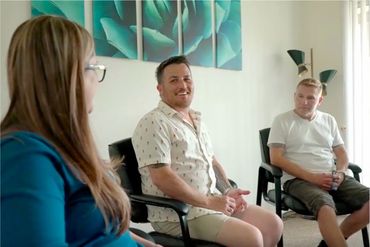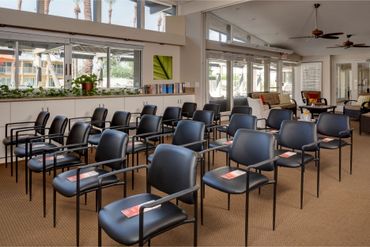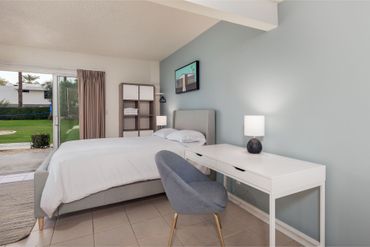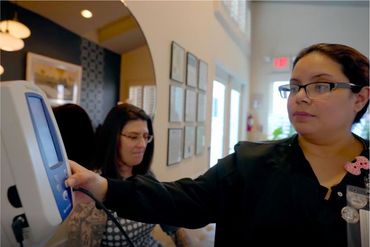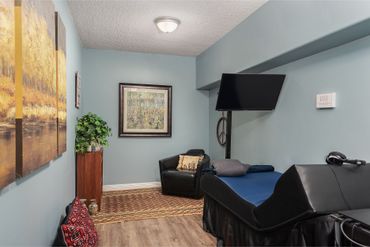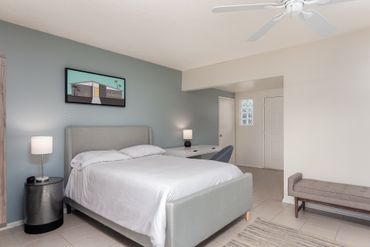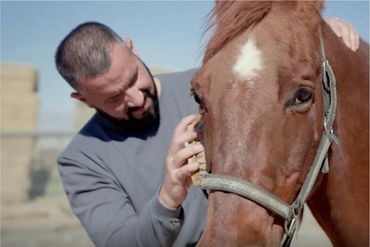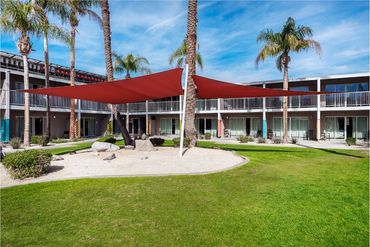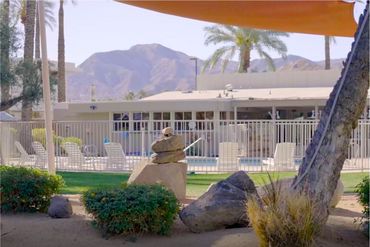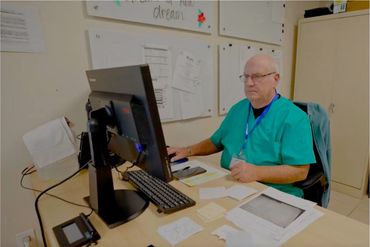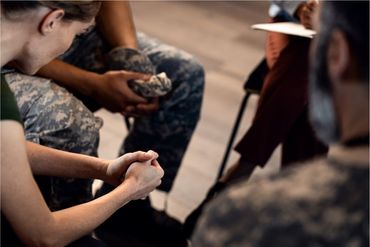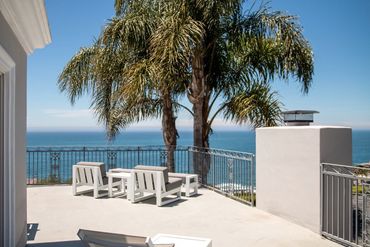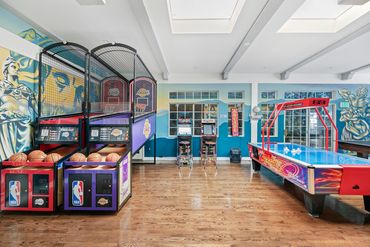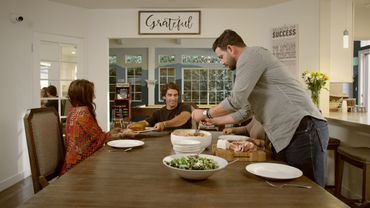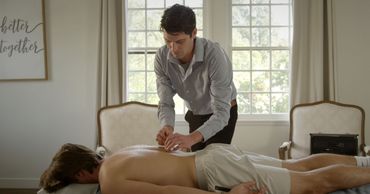
Drug & Alcohol Rehab Centers near Redlands, CA
The small city of Redlands, California, has just over 70,000 residents, making it one of the larger suburban areas in San Bernardino County.1 Like larger cities nearby, people who live in Redlands struggle with substance abuse problems, especially alcohol abuse.
Although the rates of self-reported “excessive drinking” in San Bernardino County are lower than many other nearby counties at 16.3% compared to 18% or higher in Orange, Los Angeles, and other counties, more than 28% of fatal car accidents in the county involve a drunk driver.1 About 12% of other serious collisions in San Bernardino involve a drunk driver compared to 11% across the state.2
More people in the county are seeking treatment for substance abuse, especially alcohol use disorder. In 2013-2014, all drug and alcohol treatment admissions rose 10%, and alcohol-specific treatment admissions rose 29%. This could indicate a greater awareness that rehabilitation helps, or it could indicate more people in San Bernardino County struggle with problem drinking. Among adolescents, almost 75% reported knowing that binge drinking is harmful, while 25% did not know it was a dangerous practice, so there may still be some ways to go with prevention and education programs in Redlands and surrounding cities.2
If you abuse alcohol or worry about how much you drink, contact us today for help with rehabilitation.
[1] Data.io: Redlands, CA. Health & Safety.
[2] San Bernardino County Government, Substance Abuse. (2015). Alcohol Abuse Takes Its Toll; Treatment Admissions Increase.
Treatment Centers near Redlands, CA









All Treatment Centers near Redlands, CA
Are You Covered For Treatment?
- Los Angeles Rehabs
- San Diego Rehabs
- Malibu Rehabs
- Costa Mesa Rehabs
- Long Beach Rehabs
- Sacramento Rehabs
- San Francisco Rehabs
- Fresno Rehabs
- San Juan Capistrano Rehabs
- Huntington Beach Rehabs
Information About Rehab in Redlands
Latest Reviews
Latest Reviews of Rehabs in California
Benchmark Transitions
My 20-year-old son will be coming home from Benchmark next week, after a 5-month stay. When we arrived, we were given a full tour and I met everyone who would be working with my son. I felt more comfortable leaving him and driving home to Colorado, knowing he was in good hands. At first, he had to be pretty persistent to get his high school education started, but once it was up and running, he was able to move at his own pace. The teachers are terrific, his case manager was so very helpful and knowledgeable, often going above and beyond to work with my son. His therapist is a wonderful woman. Ask her how she is, and she tells you, "I'm blessed." Now my son and I are blessed as well, thanks to Benchmark Transitions. The owner and her daughter helped me through one of the darkest times of my life. We once again have hope, and in fact, my son wants to be a wilderness addictions therapist. He left Benchmark Transitions not only with tools to remain clean and sober, but also with his high school diploma and resources for a career in which he will be able to pay it forward. What else could a mom ask for?
Loma Linda University Behavioral Medicine Center
A great experience. Great food. Cold institutional like.
More Info
While all forms of substance abuse share certain things in common, it's important to choose a treatment program staffed by people with experience in dealing with your particular issue. An alcohol treatment program will be different from one that focuses on narcotics or behavioral addictions.
You should also ask about:
- Outpatient recovery program treatment options
- Detox services
- Spiritual counseling
- Family involvement
- Group therapy
It's also a good idea to ask about continuing support once you have completed the program. While detox has a high success rate when it comes to mastering physical cravings, most people must deal with psychological dependence throughout their lives.
*Not All Addictions Are Chemical
Some of the most destructive forms of "substance abuse" do not involve substances at all. Certain compulsive behaviors can have the same effects on the brain - and they can have similar consequences. One of the most common and serious behavioral addiction is compulsive gambling. If you find yourself doing this in secret, lying to family and friends and/or spending rent and food money on gambling, it's time to get help.
Enrolling in a Rehab Facility in RedlandsTo get in touch with a rehab facility in Redlands, please call and speak with one of our trained counselors today.

